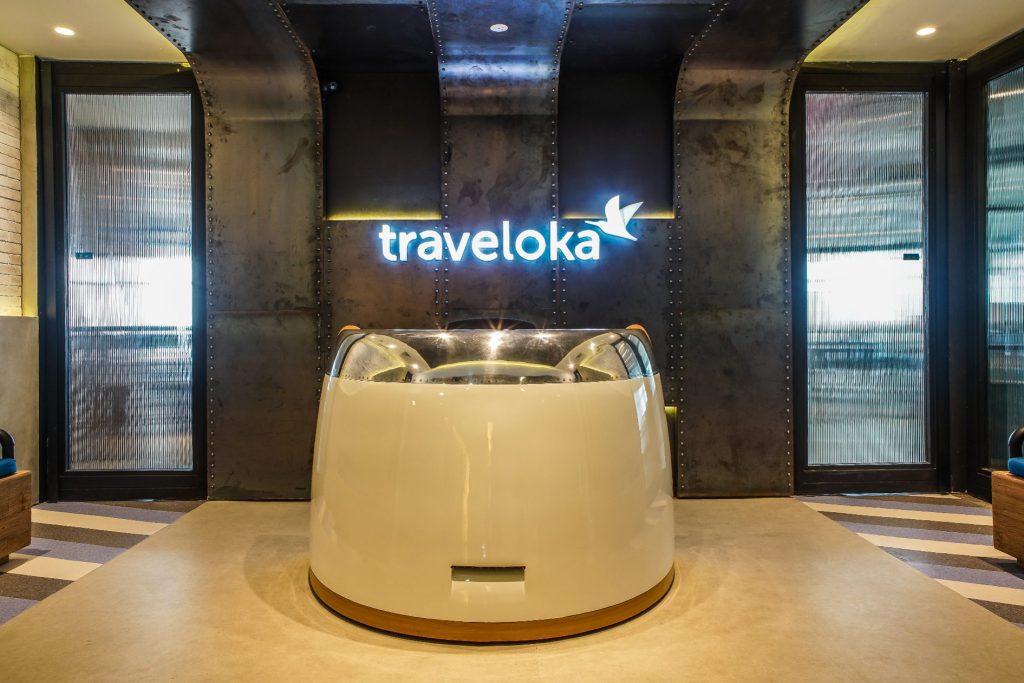Top Tech Exec at Traveloka Instrumental in New Wave of Growth Dies

Skift Take
Grief hits Traveloka as a key member of the leadership team passes away, just as the company is looking to raise new funding.
Southeast Asia's Traveloka is mourning the passing away of Denni Permadi Gautama, who was appointed chief technology officer of transport and accommodation engineering in March following the resignation of disillusioned co-founder and chief technology officer Derianto Kusama.
His death came as a shock to the team at the Jakarta-based unicorn online travel and lifestyle agency. Gautama, 39, was described by a source as “very fit” and did not show any signs of illness apart from a toothache-like pain which sent him to the dentist last weekend. He died on Monday night local time; the cause of death undisclosed.
Traveloka's co-founder and CEO Ferry Unardi announced the “the great loss of one of our closest friends.” In a press statement, Unardi said, “He had been a valued member of our team from early 2016 and will be sadly missed by many. We have lost a dear friend, a great lea
